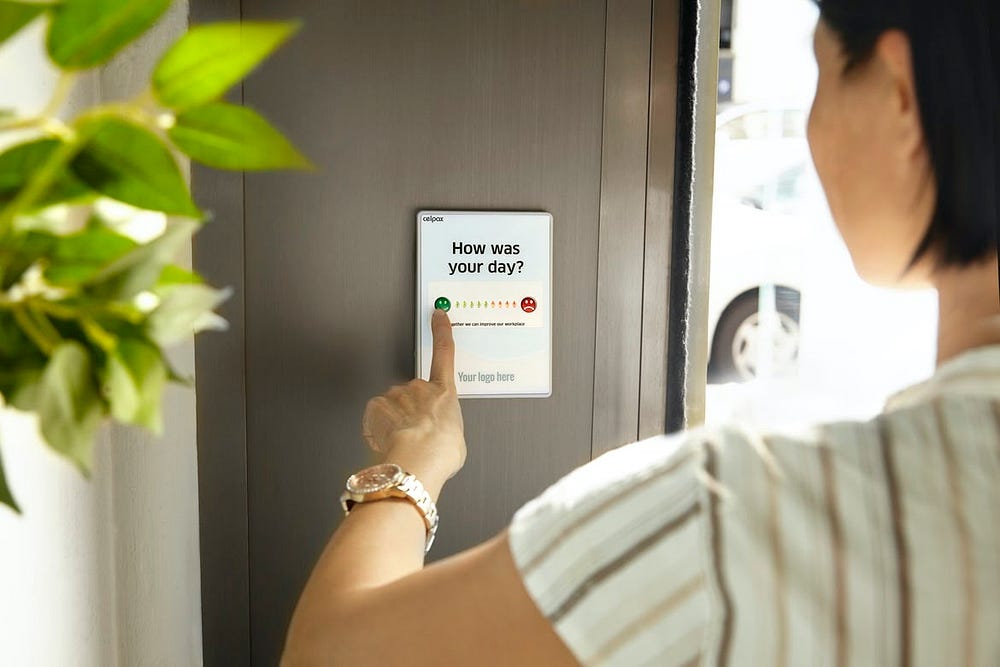Reputation management is critical for businesses in the digital age. The internet has made it easier for customers to share their experiences with your company, positive or negative. As a business owner, you need to be proactive about online reputation management and listen to your customers.
As companies grow increasingly reliant on the internet for sales, the importance of online reputation management (ORM) has grown as well. Bad reputation can easily dissuade potential customers from buying from you; likewise, good reputations can lead to staggeringly more business.
Your online reputation is determined by what others say about you online. This includes reviews on websites like Yelp, G2, and BBB, as well as comments on social media sites like Facebook and Twitter.
If you’re not proactive about online reputation management, it can be difficult to track what people are saying about your company. In this article, we’ll cover 3 ways to improve your online reputation by listening to your customers.

1. Monitor Your Online Reputation
The first step in improving your online reputation is to monitor what’s being said about you online. Monitoring your online reputation allows you to track your brand’s reputation and respond quickly to any negative publicity.
A crucial piece here is the use of multiple channels to do so: not just Google Alerts, but also review sites, social media, and forums. You also need to set up a system to track what’s being said about your brand on the web & social media. Intelligent Google searches and social media monitoring tools like Retention360 can help you aggregate customer communication into one unified dashboard.
An effective second step is utilizing AI text analysis, like that offered by Retention360, to then post-process your review and reputation data. This can then present you with actionable information on customer intent and perception, which you can use to improve your customer retention rates and overall customer experience.

2. Respond To Customer Complaints Quickly
If you’re monitoring your online reputation, you’ll quickly notice when someone has a complaint about your company. It’s important to respond quickly and apologize for the inconvenience.
A study by the University of Denver found that companies who responded to complaints within 24 hours yielded an 88% satisfaction rate. If they didn’t reply at all, though, that satisfaction rate (and the resulting resolutions) dropped to just 1%.
Not only is it important to reply quickly, but you also need to respond politely and professionally. Thank the customer for bringing the issue to your attention, apologize for the inconvenience, and let them know that you’re working to resolve the issue. Incorporating this into your customer retention strategy is key. A good template to use for responding to complaints is the 5-P formula:
Problem: Acknowledge the issue and describe it.
Promise: Promise to fix the problem as soon as possible.
Plan: Describe the plan of action you will take to resolve the issue.
Person: Assign a specific person or team to be in charge of resolving the complaint.
Period: Let the customer know when they can expect a resolution.
For example, “Thank you for bringing this to our attention. We’re sorry that you had such a negative experience and we want to make it right. Our DevOps team is working on resolving the issue and we’ll update you sometime in the next 48 hours.”
A short and simple message that takes ownership and addressed the issue, while also giving a time frame as to when the issue will be fixed. People who have a positive customer service experience are more likely to give the business another chance.

3. Use Social Media to Your Benefit
The strength of responding to reviews publicly on social media is that it opens up a two-way communication channel with your customers. It also gives you the opportunity to showcase your customer service skills, and can function as free advertising for your company when things go right.
Social media is a crucial part of online reputation management and should be used to its fullest potential. Retention360 offers a robust direct-response tool that lets you connect with customers who have had a poor experience right on our platform. This helps organize customer data to turn your complainers into champions and directly improve the customer experience.

In closing
Businesses need to be proactive about online reputation management and listen to their customers. There are three primary ways to do this:
1) Respond to negative reviews quickly and politely, addressing the customer’s concerns.
2) Use social media listening tools to track what people are saying about your company online.
3) Monitor your online search results to make sure that the good and bad information about your company is balanced.
If you follow these tips, you’ll be well on your way to improving your online reputation increasing customer loyalty. Retention360 can help with this process. We offer a suite of services to help you manage your online reputation. Including review monitoring and response, social media monitoring and engagement, and AI-driven text analysis to help you understand what people mean when they talk about your company online. Book a 10-minute demo call to get started today!







